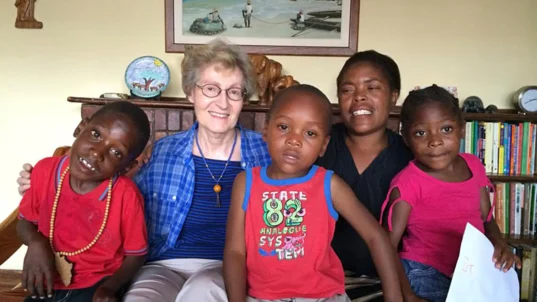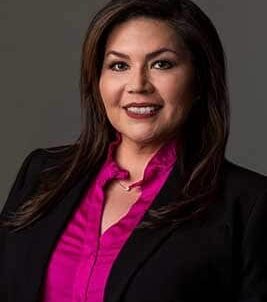Another New Year is here! One of the most popular things to do before a new year rushes in is to conjure many new beginnings—or to make a list of New Year’s resolutions—or, in other words, to set some personal goals to be achieved within a year. If you are like most Americans, you probably set some goals for yourself as well.
I was amused to discover that most Americans make similar New Year’s resolutions—among the most popular ones are ‘to lose weight’, ‘to get fit’, ‘to manage debt’, ‘to get a better education or a job’, ‘to save money’, ‘to take a trip’, and ‘to spend more time with family and friends’. A lot of things could be said about these resolutions, but all of them seem rather practical to me. What about more creative and daring New Year’s resolutions?
I will let you ponder what that may mean for your personally. I would like, however, to suggest just one. What about trying to think in terms of possibilities and trying to understand perspectives radically different from your own?
That is one of the New Year’s resolutions I set for myself. I think it will be a fun, enlightening, and challenging daily exercise. But if statistics is any guide, very, very few people actually achieve the goals they set as New Year’s resolutions. So maybe one of our New Year’s resolutions should be to achieve at least one of our New Year’s resolutions! But like most resolutions aimed at improving ourselves, we are better off striving to improve ourselves than giving up before even trying.
Finally, I recently read that people are more likely to achieve their goals if they share them, and work toward achieving them, with other people. Thank God for peer pressure! If this is true, and if you are attracted to the goal of thinking from many different perspectives, I would like to invite you to join our public discussions of IF reports that present contrasting policy possibilities that address various areas of concern including—food, family, education, property, and science in general.



